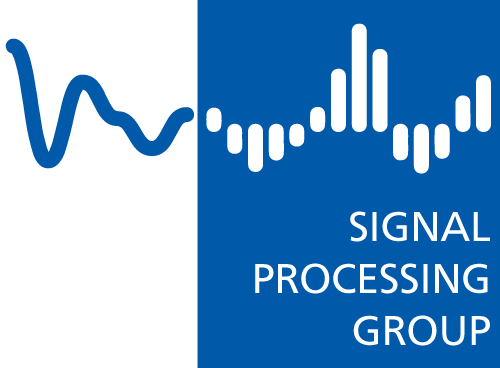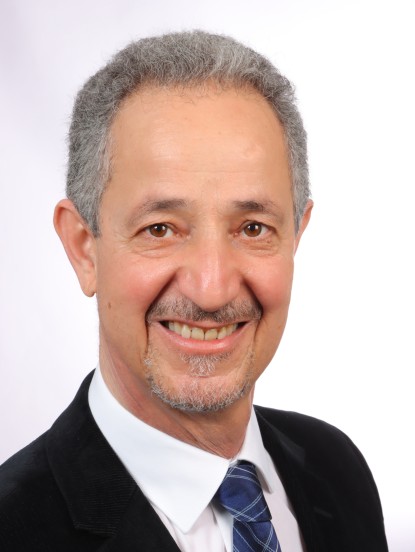Vortrag bei SPG
06.07.2018 10:00-11:00
Datum: Freitag, 06.07.2018, 10.00 Uhr
Ort: Merckstr. 25 (S3|06 Raum 249)
Redner: Hing Cheung So, City University of Hong Kong
Thema des Vortrags: „How to Derive Bias and Mean Square Error for an Estimator?“
Abstract
Parameter estimation is a common problem arising in numerous areas of science and engineering such as radar, sonar, speech, image analysis, biomedicine, communications and seismology, where the values of parameters of interest are needed to estimate from the observed data. From the theoretical and practical aspects, it is always desired to derive the performance of a parameter estimator in an elegant manner without the need of extensive simulations and/or experiments, if not impossible. Two standard performance measures for assessing the estimation accuracy are bias and mean square error. In this talk, I will present simple formulas for their computation under small error conditions, assuming that the parameter estimates are determined by minimizing a differentiable unconstrained cost function over a continuous space. Representative signal processing examples are provided to illustrate the usefulness of the formulas.
Brief Biography
Hing Cheung So was born in Hong Kong. He received the B.Eng. degree from the City University of Hong Kong (CityU) and the Ph.D. degree from The Chinese University of Hong Kong, both in electronic engineering, in 1990 and 1995, respectively. From 1990 to 1991, he was an Electronic Engineer with the Research and Development Division, Everex Systems Engineering Ltd., Hong Kong. Currently, he is a Professor at the Department of Electronic Engineering, CityU. His research interests include detection and estimation, fast and adaptive algorithms, multidimensional harmonic retrieval, robust signal processing, source localization, and sparse approximation.
He has been on the editorial boards of IEEE Signal Processing Magazine (2014–2017), IEEE Transactions on Signal Processing (2010–2014), Signal Processing (2010–), and Digital Signal Processing (2011–). He was also Lead Guest Editor for IEEE Journal of Selected Topics in Signal Processing, special issue on “Advances in Time/Frequency Modulated Array Signal Processing” in 2017. In addition, he was an elected member in Signal Processing Theory and Methods Technical Committee (2011–2016) of the IEEE Signal Processing Society where he was chair in the awards subcommittee (2015–2016). He has been named a 2015 IEEE Fellow in recognition of his contributions to spectral analysis and source localization.
Everybody is cordially invited to attend this talk.


